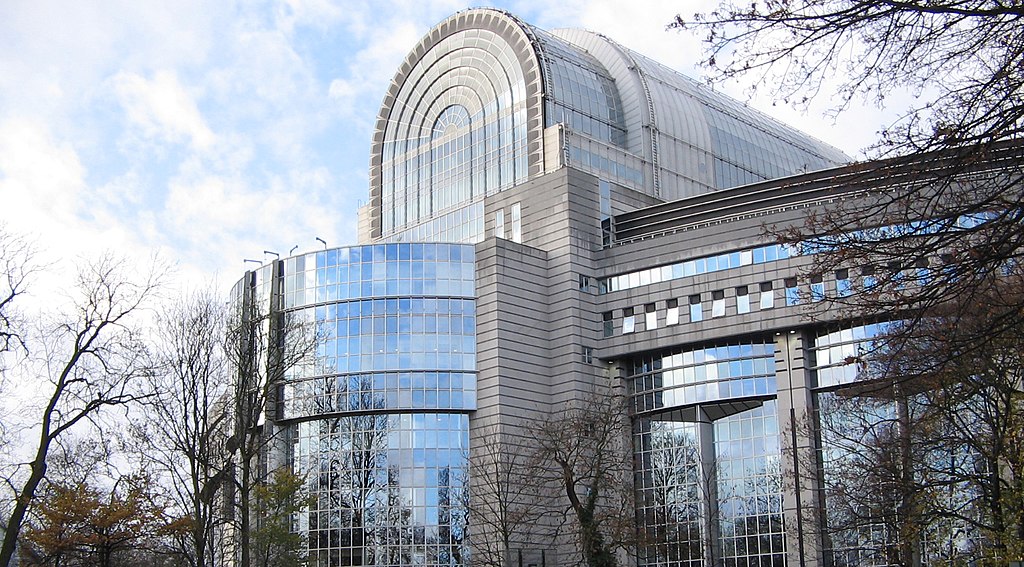On Wednesday, June 7, representatives of the leading organizations in designer fashion spoke at a meeting held at the European Parliament in Brussels, with top EU officials, marking the first time the European Fashion Alliance (EFA) has communicated its message in this way. The meeting followed a motion voted by a large majority in the European Parliament on June 1st, calling on the Commission and EU countries to end “fast fashion” and help consumers make more ethically responsible and sustainable choices. The Parliament adopted recommendations for the EU strategy for sustainable and circular textiles put forward one year ago, by the European Commission. The EU is set to allocate €2.4 billion to a research program for the creative industries, backing its “greening” among else. The EFA's address touched on several key points, including the need to promote innovation, increase financial support and develop clusters of advanced experience in the creative and cultural industries.
According to WWD, a leading fashion industry trade journal, the EFA called on the European Commission and Parliament to increase funding for fashion innovation hubs, provide tax incentives for fashion companies investing in new technologies, and promote fashion education and skills training. The EFA represents over 450 fashion companies across Europe, employing over 1.5 million people and generating annual revenues of over €500 billion.
The EFA’s address to Parliament members focused on several key recommendations, including:•Increasing funding for fashion innovation hubs and research. The EFA pointed out that the fashion industry receives a disproportionately small amount of EU research and innovation funding compared to other sectors. Additional support could help drive new technological and sustainable advances.
- Providing tax incentives for fashion companies investing in new technologies like 3D printing, AI and green production methods. Such incentives have been effective in motivating companies in other industries to accelerate innovation.
- Promoting fashion education and skills training. The EFA called for the EU to support more programs aimed at developing skills for jobs of the future in areas like AI, robotics, and sustainable fashion design.
- Developing clusters of advanced expertise in fashion. The EFA proposed that the EU help establish several centers of excellence for fashion innovation across Europe, where companies, researchers and policymakers can collaborate.
- Improving market access for European fashion brands. The EFA urged the EU to negotiate more free trade agreements with large consumer markets like China and the U.S. to help boost exports of European fashion goods.
- Increasing the visibility of fashion in EU promotional campaigns. The EFA suggested that fashion should feature more prominently in EU efforts to promote European culture, heritage, and the creative economy around the world.
The meeting signals the start of what could be a vital campaign to raise the political profile of fashion. The EFA pointed out that the fashion industry is the second largest employer in the EU's creative and cultural sectors, yet it receives a disproportionately small amount of EU funding and policy support compared to other creative industries like film, TV, music and publishing. The European Creative Industries Alliance, founded in 2011, is an important platform for regional and national developers working towards developing creative industries and providing business support for the sector. The ECIA has over 70 members across 30 countries and aims to strengthen collaboration between creative industries, promote innovation and improve access to finance.
Key Takeaways
Credit: Sergio Galletti, CC BY-SA 3.0, via Wikimedia Commons








